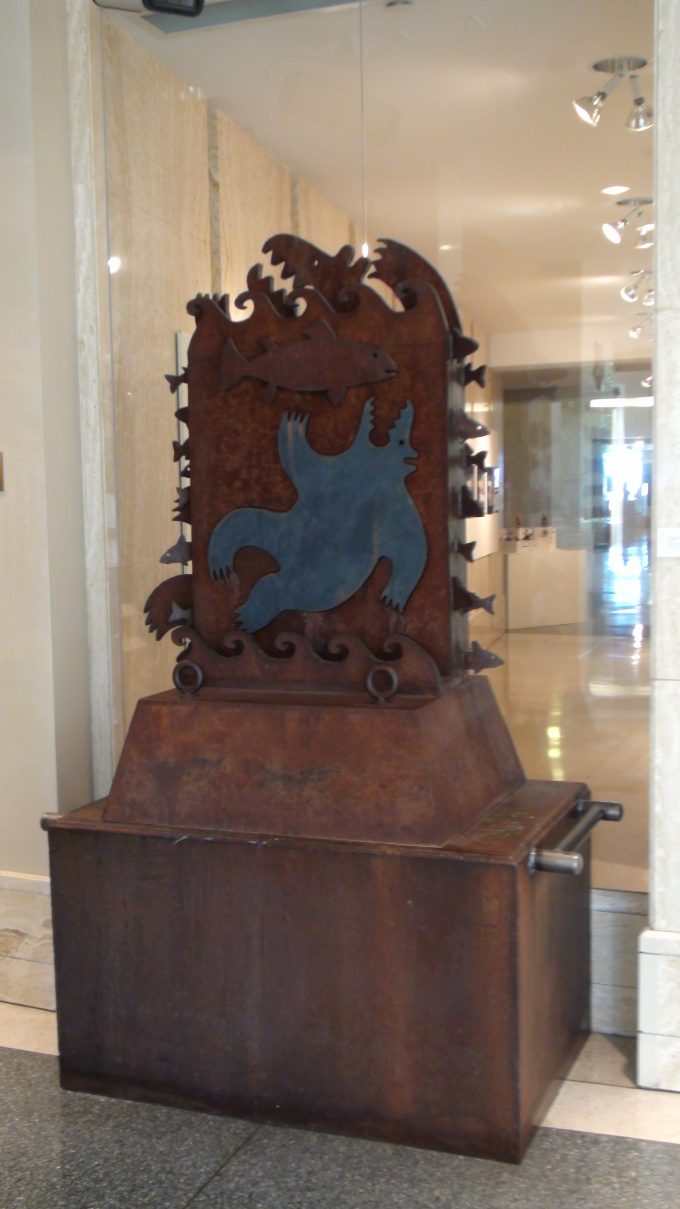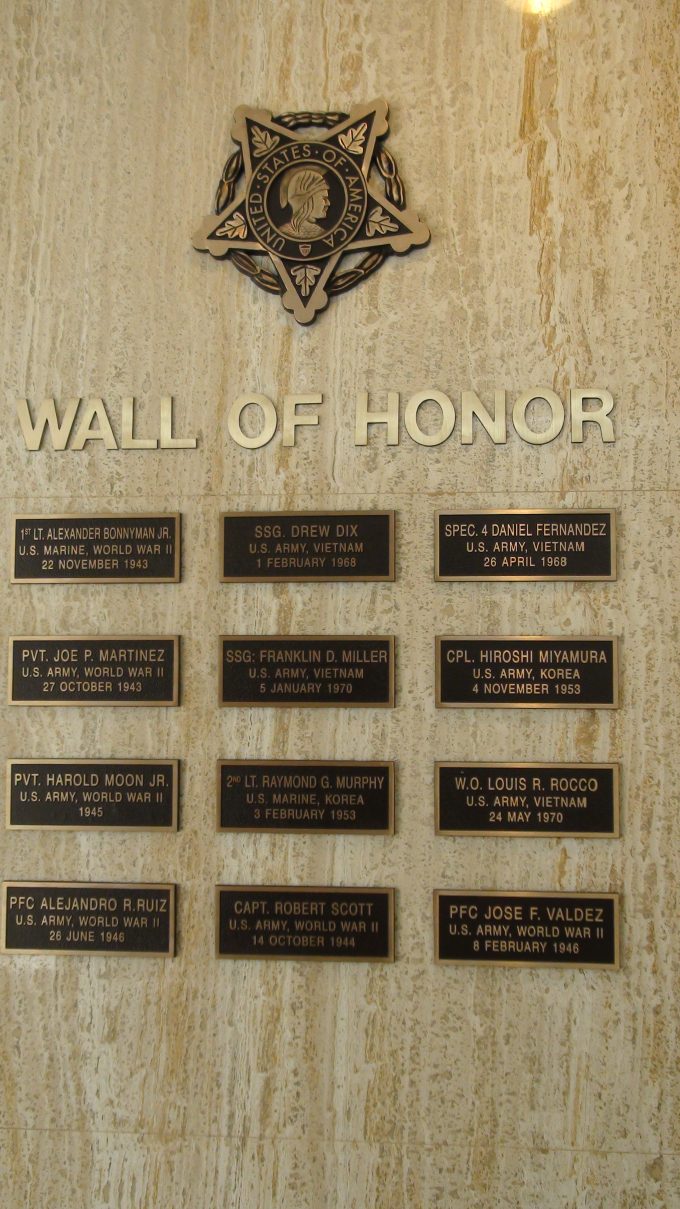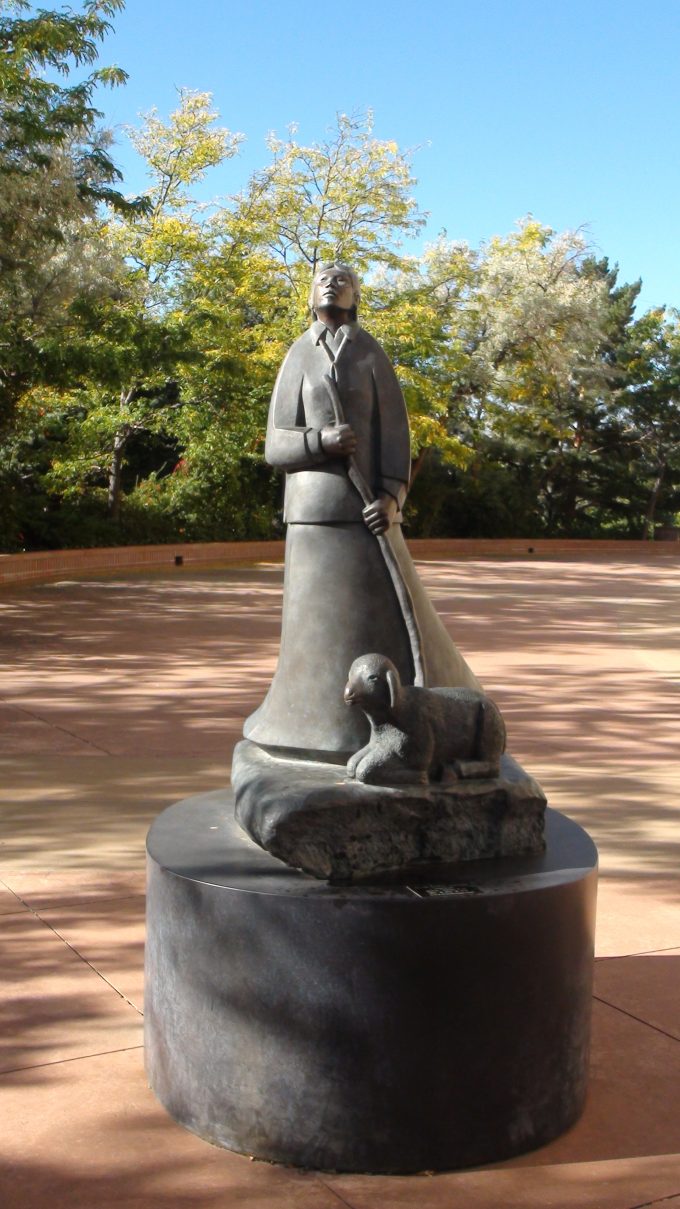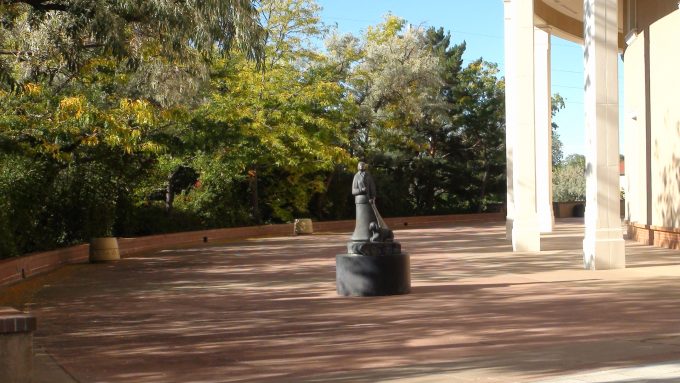
Friday, 14 December 2018
For if that first covenant had been faultless, then no place would have been sought for a second. Hebrews 8:7
In the previous verse, the author had contrasted the ministry of the Old Covenant to that of the new by saying of Jesus, “But now He has obtained a more excellent ministry, inasmuch as He is also Mediator of a better covenant, which was established on better promises.”
Now, concerning that “better covenant,” he says, “For.” He is building a logical case against observing the Law of Moses. He desires his audience, once and forever, to come to the grace of God which is found in Jesus Christ’s New Covenant. In order to do this, he continues by saying, “For if that first covenant had been faultless.” The statement demands the reader to acknowledge that it is, in fact, found to be with fault.
After all the discussion about the New Covenant setting aside the Old (meaning in its entirety), the author states what is evident from everything he has thus far said – that, because of its inherent weakness, a New Covenant was needed. The weaknesses are obvious: 1) The priests were sin-filled men just like all of Adam’s seed. 2) The law could make no one perfect, but rather it showed concerning sin (as Paul says), “that it might appear sin, was producing death in me through what is good, so that sin through the commandment might become exceedingly sinful” (Romans 7:13). 3) The tabernacle and later the temple were corruptible and transitory. In fact, after the tabernacle was replaced with Solomon’s Temple, that was destroyed by the Babylonians. Then another temple was built which was destroyed by the Romans. 4) The sacrifices of the temple were imperfect and could never truly atone for human sin.
For these and other reasons, another covenant was needed. As he says, if the first covenant didn’t have fault (which it is proven that it does), “then no place would have been sought for a second.” However, a second covenant was sought. It is explicitly stated in Jeremiah 31, which will be cited in the coming verses. This covenant would be perfect in nature along with everything associated with it.
As an example, let us consider another aspect of the Old Covenant which was lacking in its nature – the office of prophet. Even the prophets who lived and prophesied under the law were sinful men. They spoke the words of God, but their utterances usually accompanied some type of claim, such as, “Thus says the Lord…” It wasn’t until the New Covenant that One came and spoke on His own authority –
“You have heard that it was said to those of old, ‘You shall not commit adultery.’ 28 But I say to you that whoever looks at a woman to lust for her has already committed adultery with her in his heart.” Matthew 5:2, 28
This same One, who spoke under His own authority, also proclaimed that He was the One to establish the promised New Covenant –
“Then He took the cup, and gave thanks, and gave it to them, saying, ‘Drink from it, all of you. 28 For this is My blood of the new covenant, which is shed for many for the remission of sins.’” Matthew 26:17, 28
Life application: In Hebrews 1:1, the claim was made that God once spoke in certain ways, but now has spoken through His Son. In other words, what is recorded in the Bible is sealed and nothing can be added to it. Jesus has spoken. His apostles were granted authority to record their testimony of Him and to clarify the meaning of this New Covenant. Therefore, No other word is authoritative beyond the 66 books of the Old and New Testaments. The author wants his audience to never go back under the Old Covenant which was faulty. However, we can implicitly see that the New Covenant, though on-going in nature, is fully explained in Scripture. No further revelation is needed, nor is it to be expected. When someone in a church says, “The Lord says,” except as a quote from Scripture, it’s time to find another church. Hold fast to the Bible, and to that alone.
O God of the Universe! You have honored us by granting us Your word, the Holy Bible. It points to Jesus, tells us of Jesus, and explains Jesus’ ministry to us. What more could we ever need? But even then, You’ve given us of Your Spirit to allow us to understand and accept the wonderful message it contains. Glory and honor belong to You! Amen.




